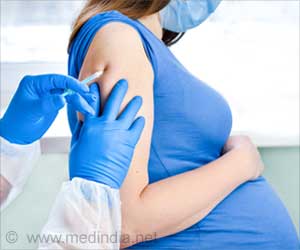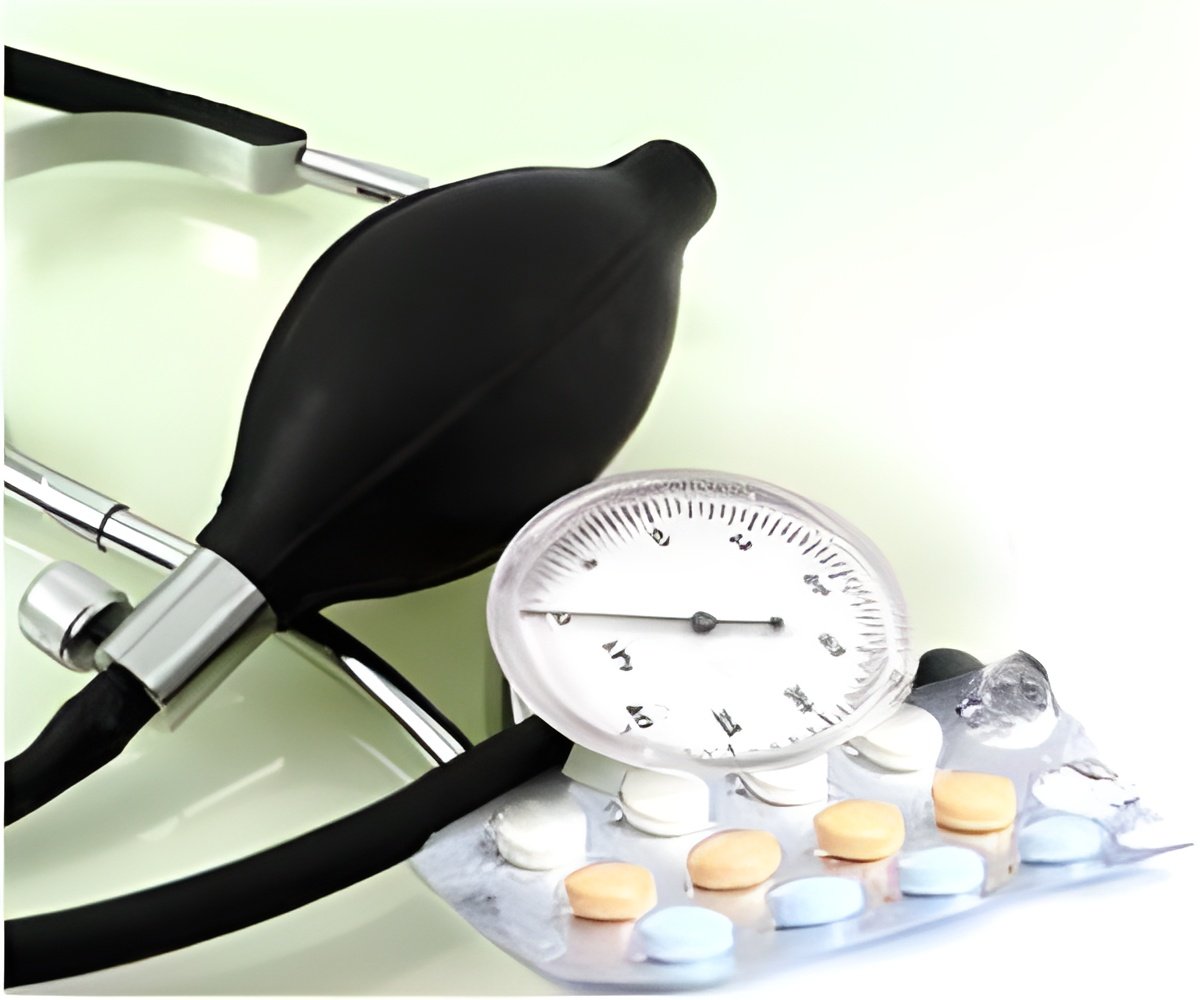,” said corresponding author Dr. Emily Miller, chief of obstetrics at Northwestern Medicine and assistant professor of maternal-fetal medicine at Northwestern University Feinberg School of Medicine.
A new study analyzed a wide range of birth defects to overcome the shortcomings in previous studies. The types of birth defect the scientists were looking for on the study participants’ ultrasounds were major fetal structural anomalies, where the baby’s heart not forming correctly or the spine not closing properly.
In the United States, 3 to 5% of births are impacted by these types of defects, resulting in increases in infant morbidity, mortality, and billions of dollars in cost.
During the early part of pregnancy when the organs are forming, there can be abnormalities in how they form, and they can take the form of birth defects that can have implications for the life of the child. However, if the ultrasound identified extra fluid in the fetus’ kidney, that might end up fixing itself down the road.
The U.S. Centers for Disease Control and Prevention (CDC) in September 2021 released similar findings from its study on pregnant individuals. This study builds on and advances the CDC’s data.
While the CDC compared its study data to historical data, the new Northwestern study used contemporary controlscurrent pregnant patients who chose not to get vaccinated or were not vaccinated within the window the scientists defined as of biologic risk for birth defects (having received vaccination from 30 days before conception until 14 weeks gestational age).
The study analyzed electronic medical records (including ultrasounds and COVID-19 vaccination records) from a cohort of 3,156 pregnant people who received a complete fetal anatomical survey (19-week ultrasound) at Northwestern Medicine Prentice Women’s Hospital between March and November 2021.
Of those pregnant patients, 2,622 (83.1%) received at least one vaccine dose and 1,149 (43.8%) were vaccinated inside of the scientists’ defined vaccination window (30 days prior to conception until 14 weeks gestational age).
Despite new and emerging data that continue to support the safety of vaccination among pregnant individuals, hesitancy is still present.
Source: Medindia



